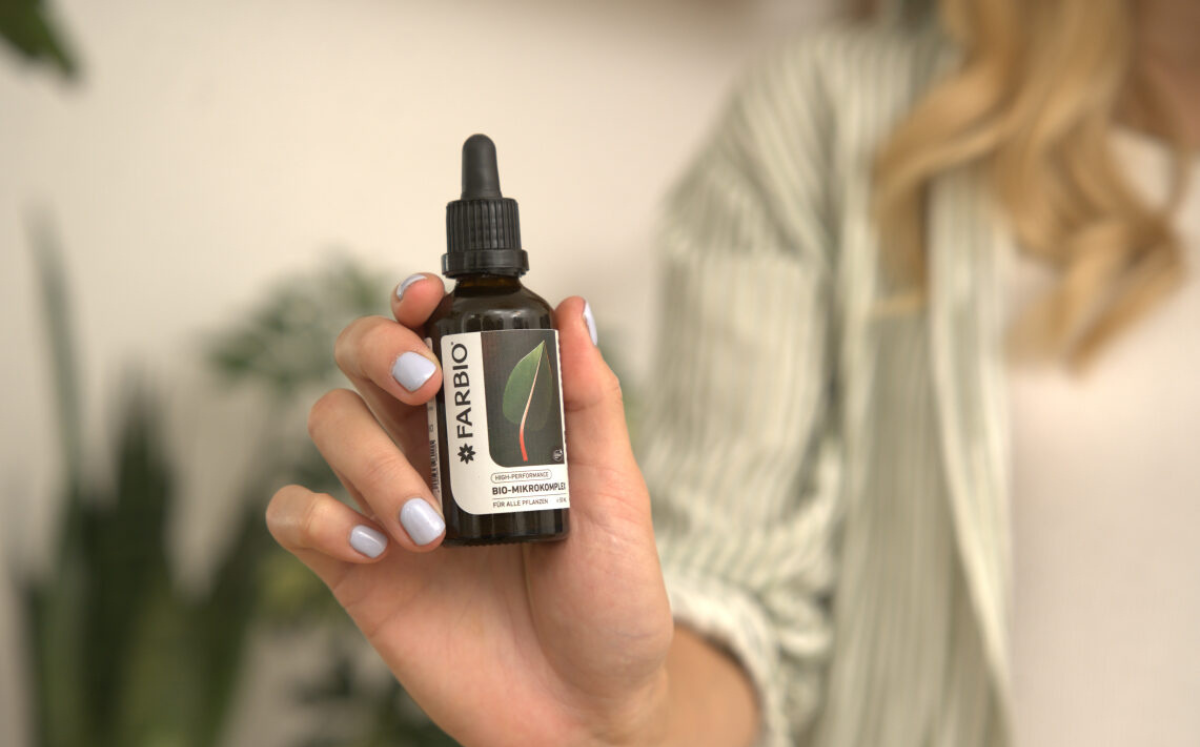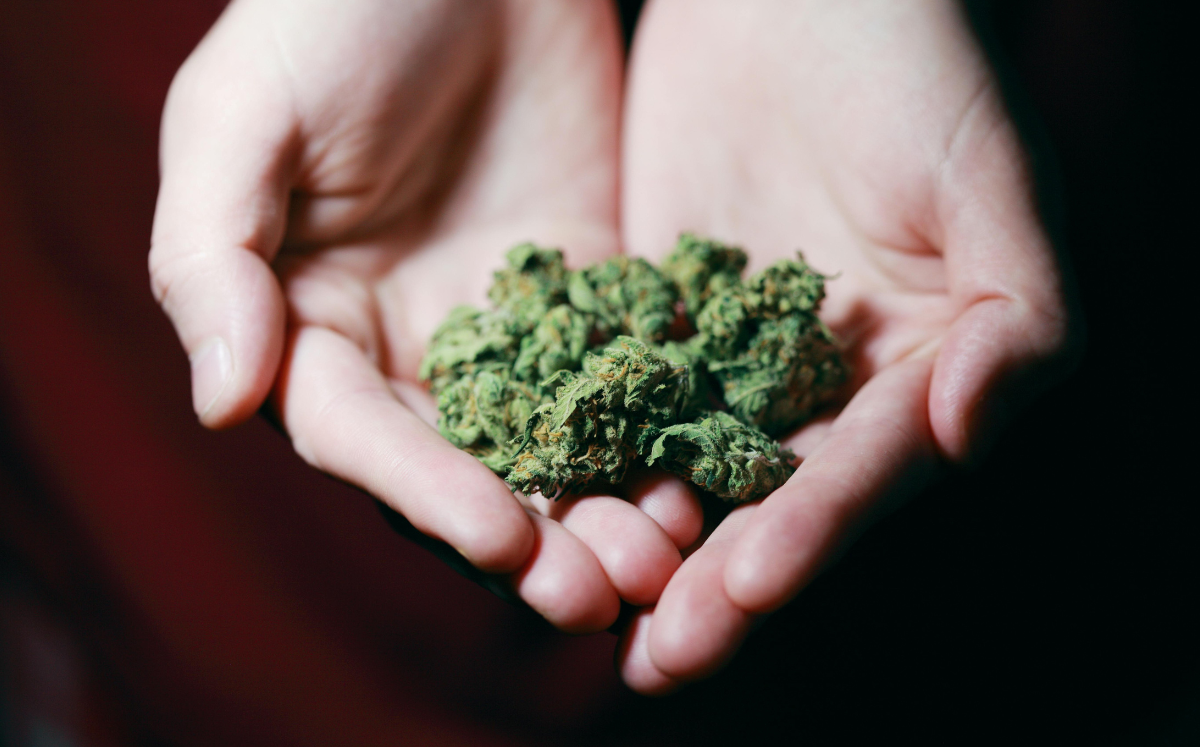Organic cannabis offers a promising solution for everyone who values purity and good quality when smoking. But what exactly makes the difference between organic and conventional, and how can you grow your own natural cannabis?
Difference between organic and conventional
Conventional cannabis cultivation often uses synthetic fertilizers and pesticides to increase yields and combat diseases and pests. However, these chemicals can leave residues in the harvested product that are potentially harmful to health. In contrast, organic farming is based on natural methods that aim to maintain the health of the soil and plants. This includes the use of organic fertilizers and natural pesticides to promote healthy growth without polluting the environment or leaving harmful residues.

Organic cultivation: This must be taken into account
There are a few important points to consider when growing organic cannabis. First, it is crucial to obtain seeds from certified organic sources. Furthermore, choosing the right soil or soil is very important. Healthy, nutrient-rich soil is the basis for successful growth. Using compost and organic nutrients in the form of organic fertilizers helps improve the quality of marijuana. You can find out more about fertilizing your cannabis plant here!
No use of harmful pesticides
Another crucial aspect of organic farming is the avoidance of harmful pesticides. Instead of chemical sprays, natural methods such as introducing beneficial insects or using neem oils can be used to control pests. This not only protects the health of the plants, but also helps preserve the environment and protects the health of consumers.

The FARBIO® organic microcomplex is organic: The 100% vegan fertilizer supplies plants with important trace elements and significantly increases the natural processes within the plant through nanoparticle technology and copper. Copper is an active ingredient that can actively and yet naturally support the defense against diseases and pests.
How widespread is organic hemp cultivation?
The organic cultivation of industrial hemp is generally more widespread than that of cannabis for smoking.
Due to its versatile uses in industry, industrial hemp is more often in demand on a large scale in organic quality. These include products such as fibers, foods and cosmetics made from hemp.
In contrast, cannabis cultivation areas for smoking are usually less regulated. Only medical cannabis is always checked for residues and the cultivation is therefore controlled. However, in some countries where cannabis and its cultivation are legalized, there is a trend that more and more private growers are switching to organic cultivation methods in order to be able to consume high-quality and natural products.

This makes it possible to grow your own organically
If you want to consume organic cannabis yourself, you can easily do so at home. There are hardly any special requirements, except that everything is organic. Growing cannabis in grow tents etc. makes it possible to precisely control the environmental conditions and create optimal, natural growing conditions. Cultivation starts with the right equipment, such as organic hemp seeds from other EU countries or cultivation associations. For successful hemp cultivation, it is also important to pay attention to light, ventilation, adequate water supply and organic fertilizer. You can find detailed instructions on how to successfully grow Cannabis sativa in this article.
Conclusion on organic hemp
Overall, natural cannabis cultivation offers a healthier and more environmentally friendly alternative. By avoiding chemical additives and using natural methods, cannabis consumers can be sure that they are enjoying a pure and high-quality product. With the right knowledge and preparation, organic cannabis cultivation is possible for anyone who values quality and sustainability.
The benefits of organic cannabis
Better aroma and more taste:
Organically grown cannabis is known for its rich aroma and intense taste. The use of natural cultivation methods allows plants to produce optimal amounts of flavonoids, terpenoids and cannabinoids, resulting in a good quality harvest.

Less environmental impact and sustainable cultivation:
An organic (outdoor) growing area promotes a rich soil microbiome, which not only supports plant growth but also contributes to soil health and fertility. Avoiding chemical fertilizers and pesticides reduces the environmental impact and reduces the ecological footprint of cannabis cultivation.










